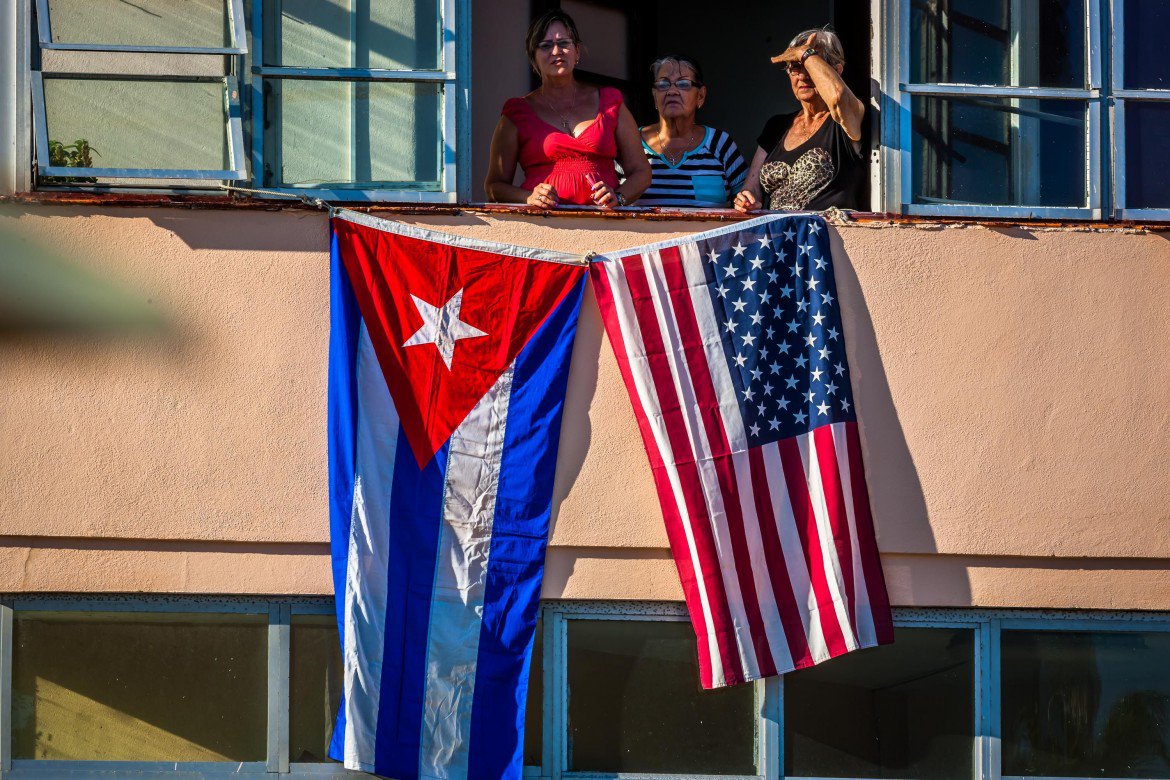Commentary
After Obama’s visit, will Havana and Washington seize the moment?
Barack Obama’s visit to Havana is just a gesture, but Cuba and America could use this historic event as a catapult toward substantial progress.

Barack Obama’s visit to Cuba is undoubtedly historic, the culmination of a rapprochement process that began atNelson Mandela’s funeral. That was followed by six months of secret negotiations, the release of the “Cuban Five” intelligence officers and the USAID contractor Alan Gross, the reopening of diplomatic missions, a meeting between Raul Castro and Obama at the United Nations, and the removal of Cuba from the list of state sponsors of terrorism.
Now, the American president is in Havana with a large group of members of Congress and entrepreneurs. Recent polls show that 56 percent of Cuban Americans favor a reopening of relations with Cuba and 36 percent oppose. Geographically, opinions are changing in the U.S. toward Cuba, so that now the main supporter of a bill to lift the embargo is a Republican, Tom Emmer of Minnesota. Most of those pushing for the reopening of trade relations are businesses, and that makes you think.
Already, in an article last summer, the think tank Foreign Policy In Focus raised the possibility of policy change toward Cuba. It concluded that in fact regime change remains the ultimate goal in a country that for decades has been the example for left-wing movements in Latin America. The long arm of American interests is in big trouble, if not full-blown crisis, despite a worrying advance of the right on the continent.
It is unlikely Obama will recognize the importance of the Cuban Revolution, instead appealing to the urgency of “helping the Cuban people,” because he has never admitted Washington’s responsibility for the failure of Cuba policy in deference to his “Obama doctrine.” For Washington there are two strategies: loosen the laces toward Cuba while tightening the noose on Venezuela. It hopes to unravel two historical references for the 21st century socialism experience.
Obama himself has been the subject of harsh criticism following his administration’s announcement of the renewal of economic sanctions, declaring Venezuela a threat to national security. Besides, behind the popular movements now in the streets demanding the removal of Dilma Rousseff in Brazil and against the government in Caracas, there are old conservative establishments and American reactionaries, such as the Cato Institute.
So this symbolic trip can be read as the litmus paper of a real breakthrough on American policy — namely, ending the embargo and returning Guantanamo to Cuba. This would go well beyond gesture. Lifting the embargo would finally open up the world to Cuba. And Cuba could offer the world — in the words of another article in Foreign Policy In Focus — far more than cigars or rum, but substantial knowledge in the areas of natural disaster management, health care and the arts.
It’s possible that bipartisan support could emerge in Washington. Congress seems to be “maturing.” But the more difficult goal is the return of Guantanamo, which has been requested by Latin American heads of state at CELAC in Ecuador. The Obama administration a few weeks ago proposed closing Guantanamo Bay military installation to Congress and the Pentagon.
Cuba has a challenge, as well. Will it stick to its guns and use this commercial and diplomatic reactivation to strengthen and renew the spirit of the revolution? In that case, it could turn the neoliberal dispossession — the so-called normalization — into an appeal for an urban revolution within the Cuban Revolution: in other words, to “socialize socialism,” as the Mexican art critic Cuauhtémoc Medina put it.
Originally published at http://ilmanifesto.info/amici-vicini-e-lontani/ on 2015-10-08
